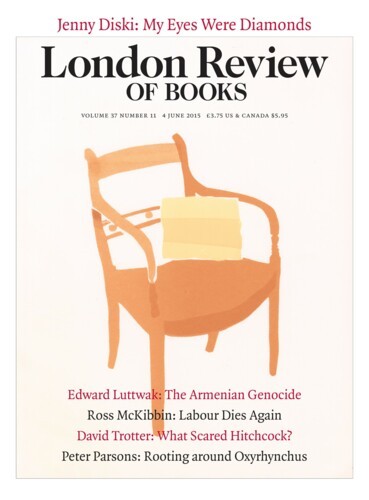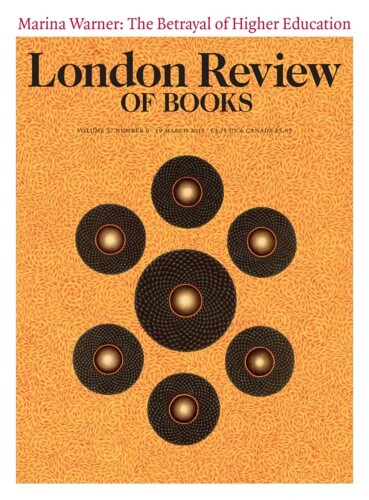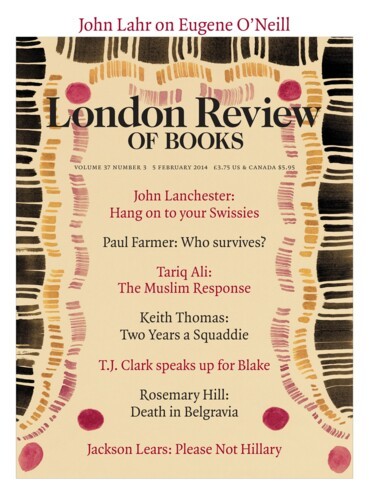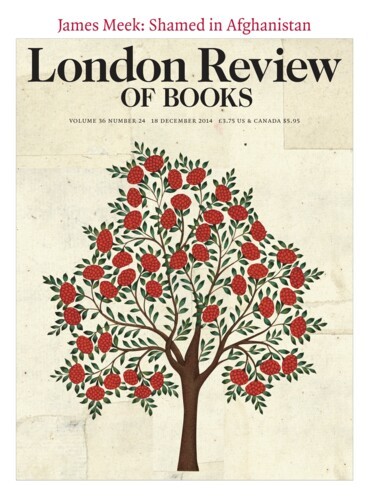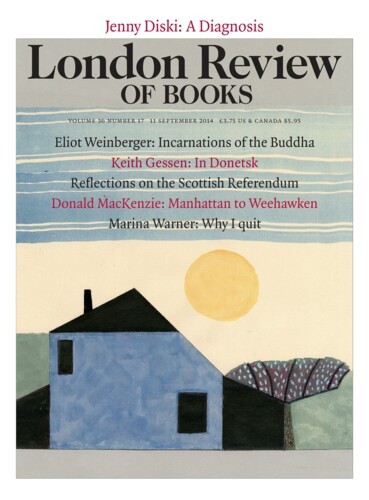Poem: ‘Mother as Script and Ideal’
John Burnside, 4 June 2015
Always, I am coming home from hunting frogs or standing in the swim of wind beneath the last dyke and the sea; and, always, she is there, in lanternglow, a light that makes this world believable.
My eyes turned from the snuff of paraffin and darkness in that house so long ago, I barely...
